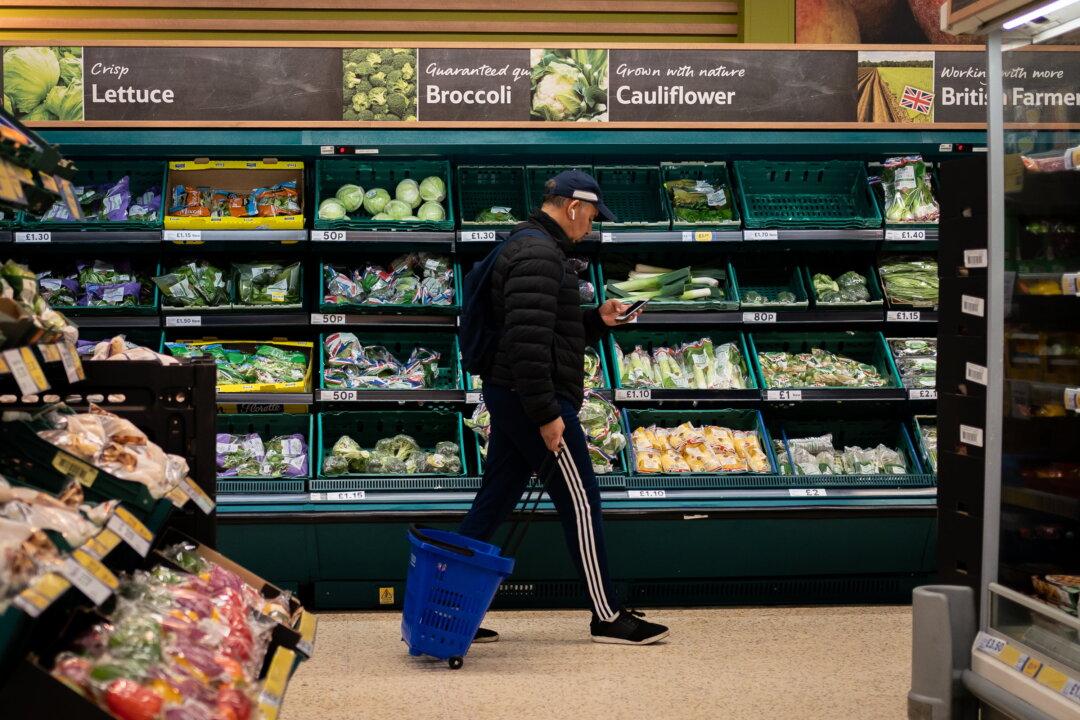Rising energy prices have pushed the UK’s inflation rate to the highest level in four decades, adding to the financial pressure on millions of British households.
The Consumer Price Index (CPI) inflation rose to 9 percent in the 12 months to April, up from an already high 7 percent in March, the Office for National Statistics (ONS) said on Wednesday.





